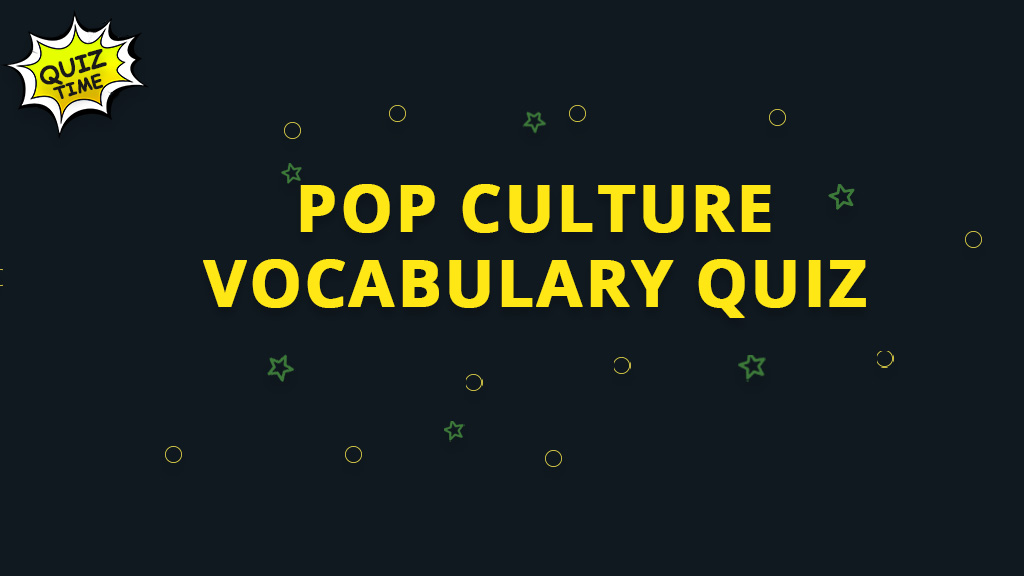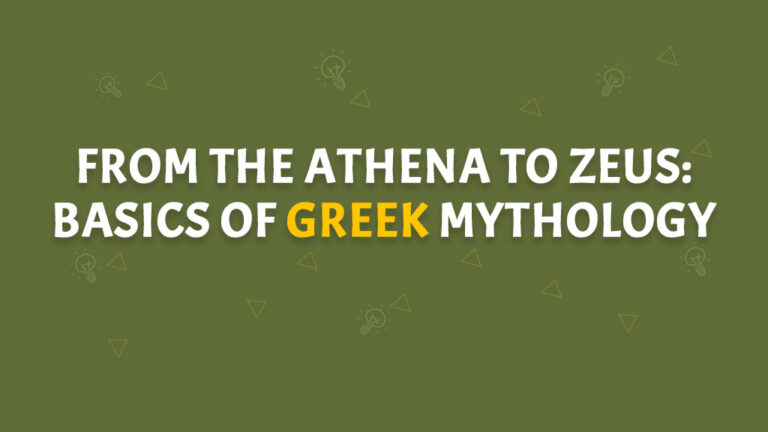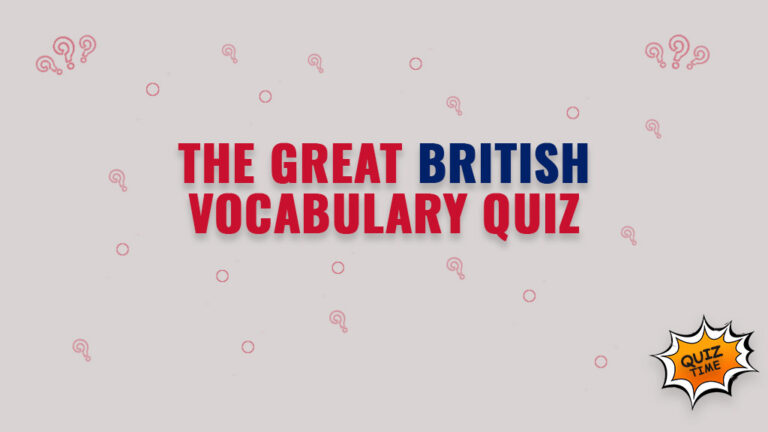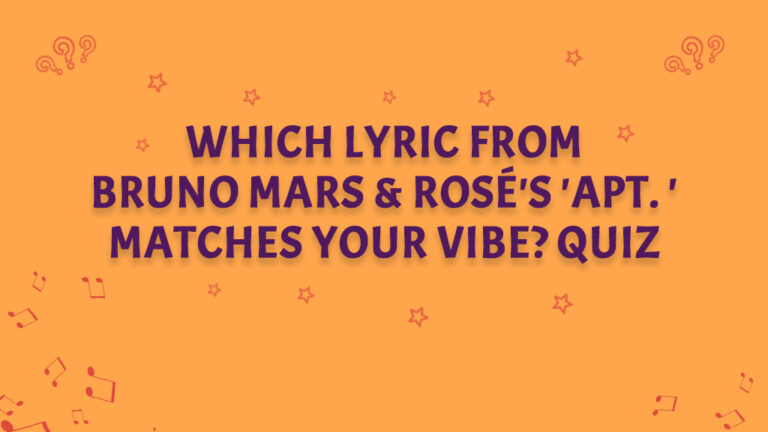❤️It's Trivia, but Sweeter❤️
Pop Culture Vocabulary Quiz

The Evolution and Impact of Pop Culture Vocabulary
Pop culture has always been a reflection of society, capturing its trends, values, and the zeitgeist of specific eras. With the rise of the internet and social media, pop culture vocabulary has grown exponentially, introducing new terms that shape how we communicate and understand the world around us. This lexicon, once limited to subcultures, now transcends boundaries, influencing language on a global scale. Let’s explore the origins, significance, and nuances of these terms to understand their deeper implications in modern communication.
The Origins of Pop Culture Vocabulary
Pop culture vocabulary often emerges from specific subcultures, such as music, film, or gaming, before entering mainstream usage. Platforms like TikTok, Twitter, and Instagram act as amplifiers, rapidly spreading niche terms to a global audience. For instance, the term “stan,” popularized by Eminem’s 2000 song of the same name, initially described obsessive fandom. Over time, it evolved into a more positive term, representing unwavering support for a celebrity or idea.
Similarly, phrases like “spill the tea,” rooted in drag culture, have become synonymous with gossip. This term demonstrates how marginalized communities often innovate language that eventually permeates mainstream culture, enriching the lexicon with their unique expressions and perspectives.
The Role of Social Media
Social media platforms have revolutionized the way pop culture terms are created and shared. Unlike traditional media, which required years for slang to gain widespread recognition, social platforms enable instant dissemination. Viral trends, hashtags, and memes play a crucial role in introducing new vocabulary to millions within days.
Terms like “ghosting,” which describes the act of abruptly ending communication, gained prominence through dating apps and social interactions online. These platforms serve as both the breeding ground and catalyst for linguistic innovation, reflecting the dynamic and fast-paced nature of digital communication.
How Pop Culture Vocabulary Connects Generations
While some critics view pop culture slang as fleeting or trivial, these terms serve a deeper purpose: fostering connection and community. Generations use shared language to express their identities and values, often contrasting with previous generations. For instance, millennials popularized “FOMO” (fear of missing out) to articulate the anxiety of missing social events, while Gen Z prefers “JOMO” (joy of missing out), reflecting a cultural shift toward self-care and boundary-setting.
By understanding and adopting these terms, individuals can bridge generational gaps and participate in collective cultural conversations. The shared use of these words becomes a tool for building rapport and fostering inclusivity across diverse demographics.
The Linguistic Creativity of Pop Culture Terms
Pop culture vocabulary thrives on creativity and adaptability. Many terms evolve over time, gaining new meanings or shedding old ones. Consider the term “basic,” which originally referred to someone unremarkable but has since expanded to critique conformity to mainstream trends. This semantic flexibility allows slang to remain relevant, adapting to new contexts and cultural shifts.
Memes, in particular, showcase linguistic innovation. A meme often combines humor, imagery, and text to convey complex ideas in a concise, relatable format. For instance, memes about “squad goals” encapsulate aspirations for friendships or teamwork, using humor to highlight societal ideals in a lighthearted way.
Pop Culture Vocabulary as a Social Mirror
The vocabulary of pop culture acts as a mirror, reflecting societal priorities, anxieties, and aspirations. Terms like “Karen,” used to describe entitled behavior, highlight issues of privilege and social dynamics. The popularity of this term underscores the growing awareness of accountability and fairness in public interactions.
Similarly, “binge-watch” reflects changing media consumption patterns, as streaming platforms have transformed the way people engage with entertainment. These terms do more than describe phenomena; they capture the essence of cultural shifts, allowing future generations to understand the zeitgeist of our time.
Challenges of Pop Culture Vocabulary
Despite its widespread appeal, pop culture vocabulary faces criticism for being ephemeral and divisive. Critics argue that rapid turnover of slang terms can create generational divides, leaving older individuals feeling excluded. Additionally, overuse or misinterpretation of these terms can dilute their original meanings, leading to misunderstandings or cultural appropriation.
For example, “stan” has been criticized for losing its original nuance, as it now applies to general fandom rather than obsessive behavior. Similarly, terms originating in marginalized communities may lose their cultural significance when adopted by mainstream audiences without acknowledgment of their roots.
The Global Influence of Pop Culture Vocabulary
In an increasingly interconnected world, pop culture vocabulary transcends linguistic and geographic barriers. Terms originating in English-speaking countries often gain international popularity, with local adaptations emerging in different languages. This phenomenon showcases the power of cultural exchange and the role of media in uniting people through shared expressions.
For example, non-native English speakers may use terms like “meme” or “FOMO” in their daily conversations, blending them with their native languages. This fusion creates a rich tapestry of linguistic diversity, highlighting the universal appeal of pop culture.
The Future of Pop Culture Vocabulary
As technology continues to evolve, so too will the language of pop culture. Artificial intelligence, augmented reality, and virtual spaces are likely to introduce new terms that reflect these advancements. For instance, emerging trends in the metaverse may lead to the creation of slang specific to virtual interactions and identities.
Additionally, the role of social media influencers and content creators will remain pivotal in shaping the lexicon. These individuals act as cultural tastemakers, introducing new terms and phrases that resonate with their audiences.
Embracing the Power of Language
Understanding and embracing pop culture vocabulary is not just about keeping up with trends; it’s about participating in a shared cultural experience. These terms offer a glimpse into societal values, bridging gaps between communities and fostering a sense of belonging. Whether you identify as a casual observer or a devoted “stan,” the language of pop culture has something to offer everyone.
By appreciating the origins, creativity, and impact of these terms, we can better navigate the ever-changing landscape of modern communication. The words we choose to use—and the meanings we attach to them—shape our collective identity, making pop culture vocabulary a vital and dynamic aspect of contemporary life.



